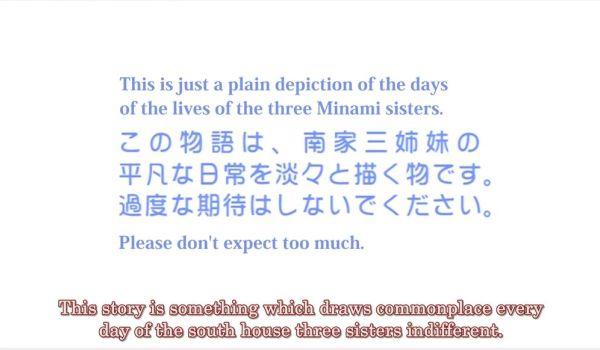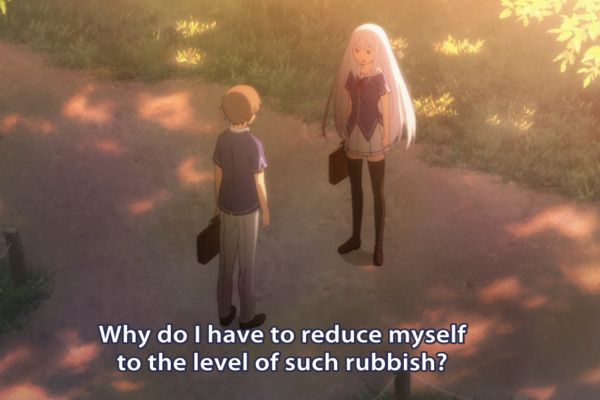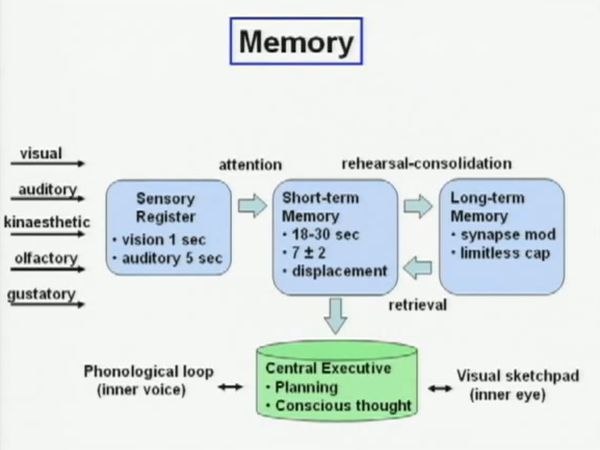
It is natural for young people to feel constrained and uncomfortable when people think extremely highly of them (at least people of their own gender…) but hopefully at our age we have outgrown this.
I ran into this fellow on the Quora website, in itself one of the most promising initiatives of the new century. A site for intelligent answers to intelligent questions, it attracts ever more people who either are highly intelligent, think they are highly intelligent, or both of the above. It is not a place where you ask about the height of Mont Blanc, but a place where you ask why Hinduism doesn’t send missionaries the way Christianity does, or what old people wish they knew when they were young. Stuff like that.
Ah, but I have praised Quora here before. Now to praise this Marcus Geduld fellow. First, I thought his name was a pen name, because Geduld means “patience” in German. For someone writing a disproportionate number of the thoughtful answers on Quora, that would be an ideal pen name. Let us just say, a fool really can ask more than the wise can answer. And even if the wise eventually manage to answer the question, the fool will either disbelieve them or already have wandered off. Patience is not just a virtue, in such a place it is a necessity! ^_^
I first noticed this person a while ago when someone asked the perennial question about how to deal with the tragic fact that most people aren’t as smart as $Asker-of-Question. There are various instances of this question, with slightly different wording, on Quora. I cannot remember which particular version this was, but I remember the gist of the answer. It was, basically: Challenge yourself! You may think you are smart, and that may be true as long as you stick to the things you know and the things that come easy to you. But what if, instead of coasting along, you spent some time each day doing something just barely possible for someone with your talents? Learn a completely unfamiliar skill, or several of them. Read books that are above your level, that you need to reread to “get it”. In short, make yourself struggle. Then you will personally know how it feels to be the stupid person. Because we are all stupid people when we get outside our comfort zone.
This attitude seems to run through much of what Geduld writes. Don’t coast along, stretch yourself. It is the only way to grow. And he brings out numerous examples from his own experience, so evidently he actually does this habitually. He also kept a log of his mistakes for a long stretch of time – perhaps he still does somewhere. I have elsewhere referred to this as “automisanthropology”: The study of why I, of all people, am up to no good. Mistakes, dubious motives, fallacies, pulling the wool over one’s own I etc. It is a very useful study, and Mr Geduld has advanced much farther and faster toward the truth than I have. If you are anything less than a demigod, you should go and admire him already.
It would seem that Quora requires you to register before you get to see all the good stuff. I am not sure, I already had both Facebook and Twitter. But taking the time to get a Twitter account is well worth it to see this amazing person in action.
It is not just the disarming honesty and the daily mental calisthenics, but the guy is basically a Voice of Reason. Despite his claims to atheism, the voice in my heart agrees with him on numerous important issues. Also, it is a joy to read his posts. He does not let them go until they are shining brightly with luminous prose.
Maybe he’ll find out that I am stalking him, at some point. But I trust that he has progressed beyond the self-consciousness where being praised or criticizes by humans makes a difference to one’s sleep or appetite, or indeed makes the compass needle of the heart swing wildly back and forth. So it should be safe for my few readers to go off and stalk him as well – on Quora, at least. Not in the flesh, please. He is happily married already, to his best friend of course. Well, one needs to be two for the two to be one, so that at least is not something he can take credit for!









